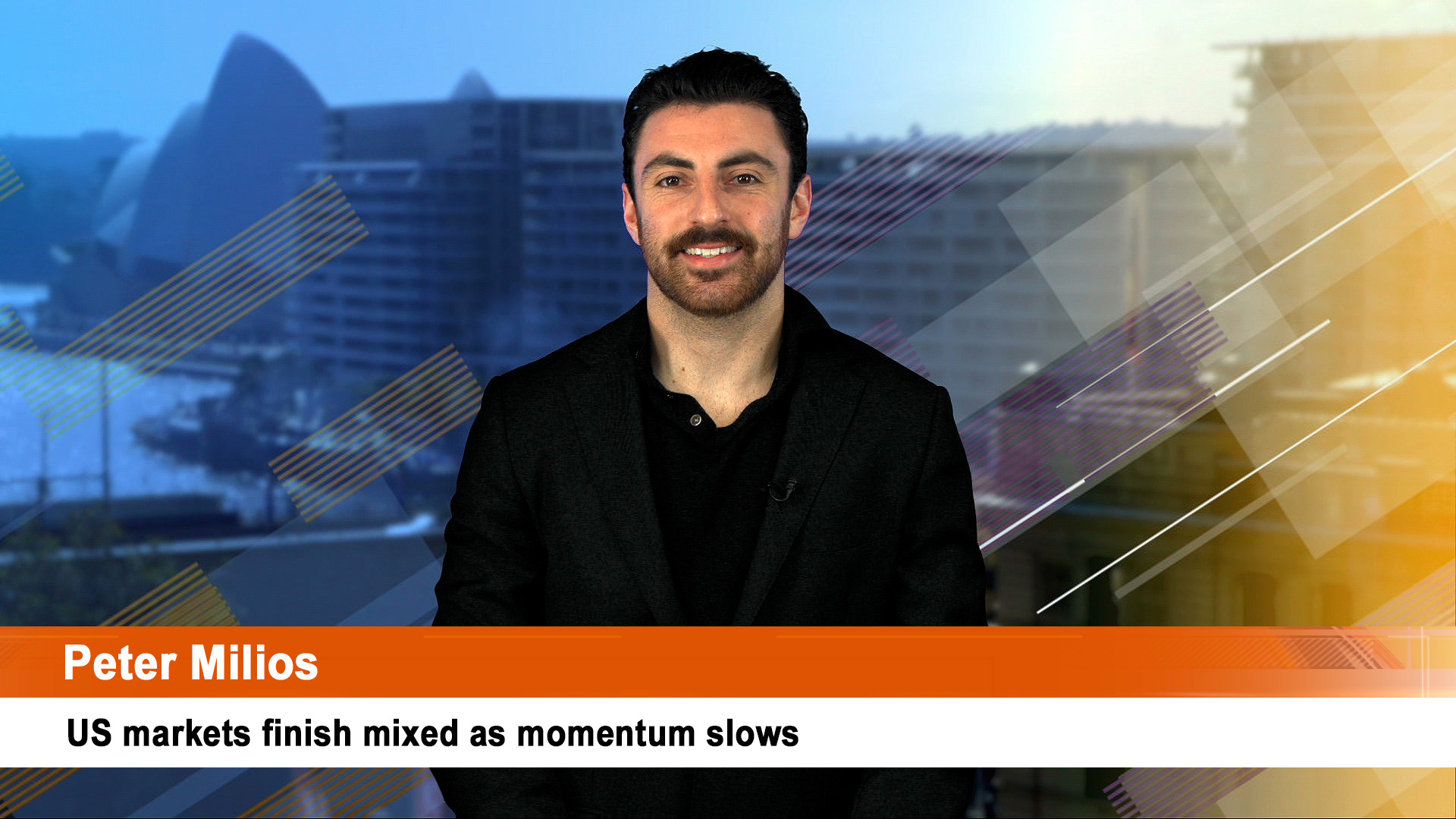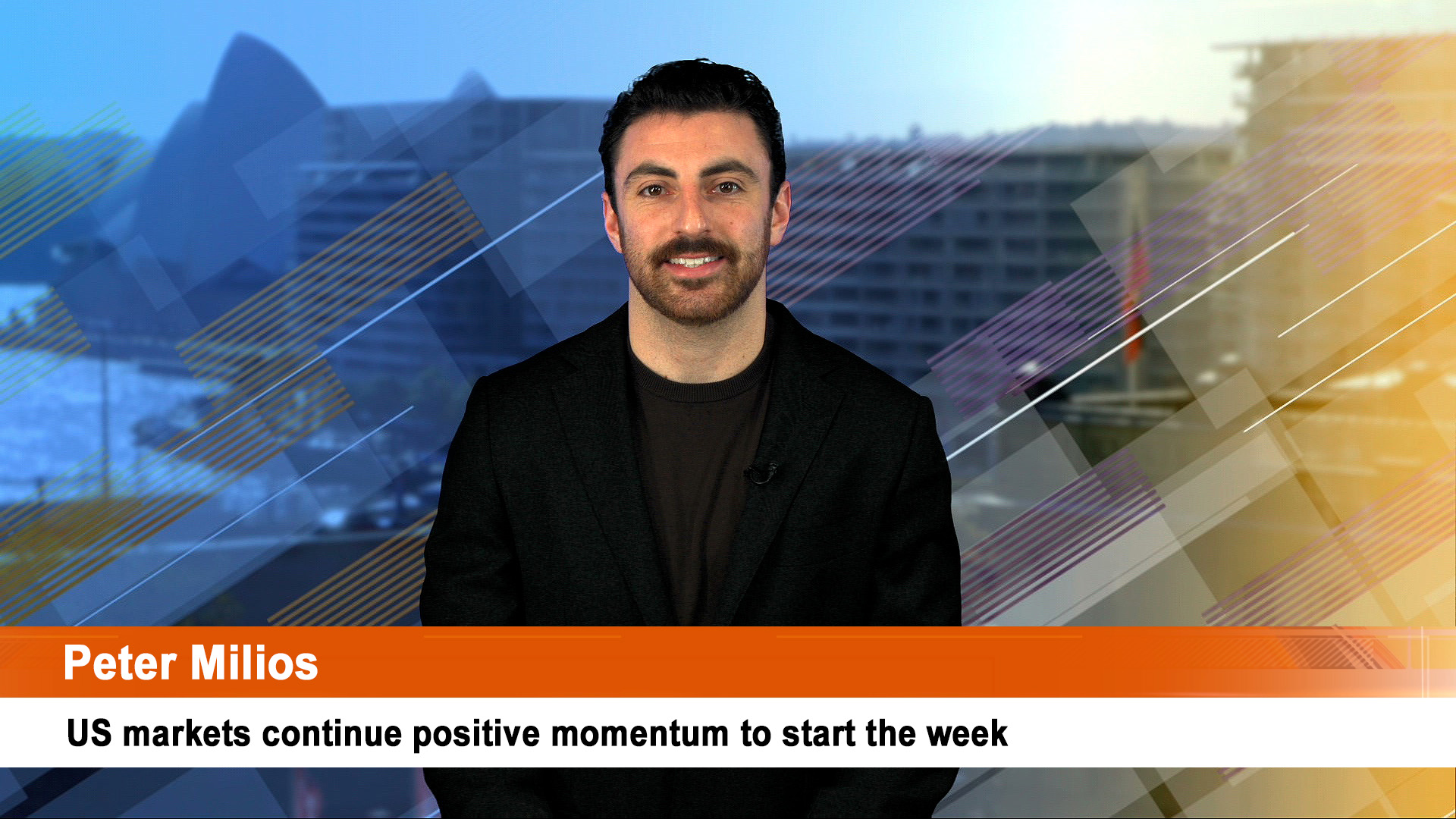SPACs or Special Purpose Acquisition Companies have been all the rage on Wall Street this year as clever investment bankers, company promoters and others have used them to acquire mostly unlisted tech companies and list them on one of the three major markets – and make billions in easy profits.
So successful were they that there have been whispers that some of the edgier market players in Australia have been looking at whether they can be started here.
In fact so pervasive has the trend been that the usual collection of worrywarts have yelled ‘fire’ and ‘fear’ and warned that SPACS could be a sign of a too ‘frothy’ market and a sign that the crash is on the way.
But suddenly this boom has come to a screeching halt because of a single proposed accounting rule change by the US Securities and Exchange Commission that will make sure that SPACs are no longer so boomy.
In reality SPACS are nothing more than cash boxes – barred in Australia by regulators – and a fast way of circumventing all the regulatory and investor scrutiny of an IPO or even a direct listing (that’s where the company is listed on, say, the Nasdaq without raising any money as IPOs do.
SPACs raise capital in their own initial public offering (IPO) and use the cash to merge with a private company and take it public, usually within two years. Warrants are a deal sweetener that offers early investors more compensation for their cash – in some respects they allow initial investors to leverage their gains.
The trend though has been for banks and brokerages to create a SPAC and takeover a private company in two back-to-back transactions rather than waiting for a long period of time.
A form of instant gratification. And for that reason they have boomed in 2021 – regardless of the fact that the idea has been around for a while. They have been a part of the relentless search for yield by investors with too much money.
March saw a record 109 new SPAC which was after 97 in February and 86 in January – that’s 292 in just three months which is more than in the previous five years.
The value has ballooned to $US178 billion in so far in 2021 against $59 billion in 2020 and just $US11 billion in 2019.
But the trend has now come to almost a standstill with just 10 SPACs deals so far this month after the SEC issued accounting guidance that would classify SPAC warrants as liabilities instead of equity instruments.
These are only a proposal and if they become law, deals in the pipeline as well as existing SPACs would have to go back and recalculate their financials in their quarterly and annual reports for the value of warrants each quarter.
In some respects it is similar to the argument over the accounting for options in the tech and net boom that was ended when laws were changed forcing companies to treat options as liabilities.
This has seen the price of the listed SPACs slump (20 fell more than 2% on Wall Street on Tuesday alone) and CNBC said its proprietary CNBC SPAC Post Deal Index has wiped out 2021 gains and fallen more than 20% year-to-date.
“SPAC transactions have essentially come to a halt,” said Anthony DeCandido, partner at RSM LLP. “This is going to cause these companies a lot of money to evaluate and value those warrants each quarter rather than just at the start of the SPAC. Many of these groups lack the sophistication internally to do this themselves,” CNBC reported.
“In the accounting world, that is one of the biggest challenges you can face is if you have completed work and then you have to go back and do it because it just shows poorly to the outside and evokes the level of public trust you really want,” DeCandido said. “It just further scrutinizes what’s already been a very misunderstood exit plan in SPACs,” He told CNBC.
Now there are clear signs that investors are worried. Bank of America’s client flows data showed that retail SPAC buying slowed down significantly from $US120 million weekly net purchase at the beginning of the year to just single digits in April.
“Early data from April suggest that retail may be returning back to their ‘traditional’ roots, favouring more established companies over low-priced, speculative securities,” Bank of America analysts said in a note last Monday.













